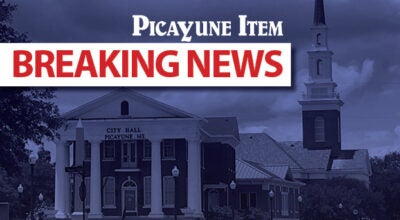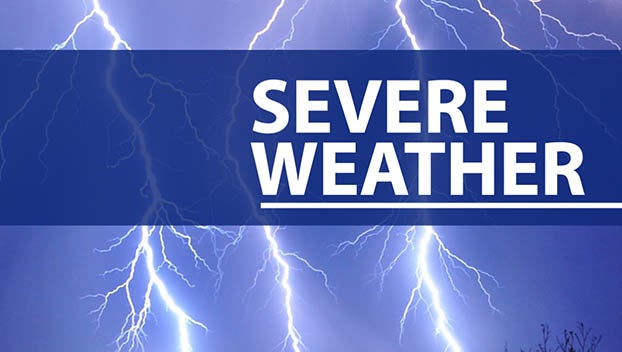Picayune fire Marshal recounts trip to assist city in distress
Published 7:00 am Tuesday, September 11, 2018
Picayune Fire Marshal Pat Weaver was one of three personnel with the Picayune Fire Department who drove to New York City after the events of Sept. 11, 2001 to help.
Weaver said they left the day after the attack and arrived on Friday. Although three days had passed, the area around the Twin Towers was still covered in an inch of ash, and smoke still rose from the debris. Weaver and his colleagues weren’t able to go into the site since the city experienced vandalism, so they helped however they could in other areas, he said.
The three men volunteered at local fire stations, helped unpack large loads of supplies and prayed with local firefighters who had lost their comrades or experienced the tragedy first-hand. Weaver said every 30 minutes or so they would hear names of missing firefighters announced on the radio.
“It was somber up there. We moved around and prayed with them,” Weaver said.
The Picayune Fire Department was one of the departments to respond from the furthest point to the tragedy, Weaver said. While they were serving in New York, Picayune residents raised over $20,000 to send for relief efforts. Weaver said he was proud of how much the city did to help.
Since that day, fire departments have had to change the way they train and respond to emergencies, Picayune Fire Chief Keith Brown said. 9-11 opened the door to all kinds of hazardous response training outside of just fire and medical, he said. In some ways, these changes have made training a nightmare, Brown said. Although firefighters may never respond to a situation with a bomb, chemicals or radiation, they still have to be prepared.
Brown said the federal government has added special funds to train first responders to deal with terrorist attacks. In addition to typical day-to-day fire and medical response training, Picayune firefighters occasionally travel to Alabama, New Mexico and California for chemical training, explosives training and radiation training respectively.
The only expense to the department for the training stems from having to find replacement personnel while firefighters attend the training.
Weaver said he thinks these new training programs are a positive change. Anytime a first responder is prepared for a potentially dangerous and life-threatening situation, it’s a good thing, he said.



